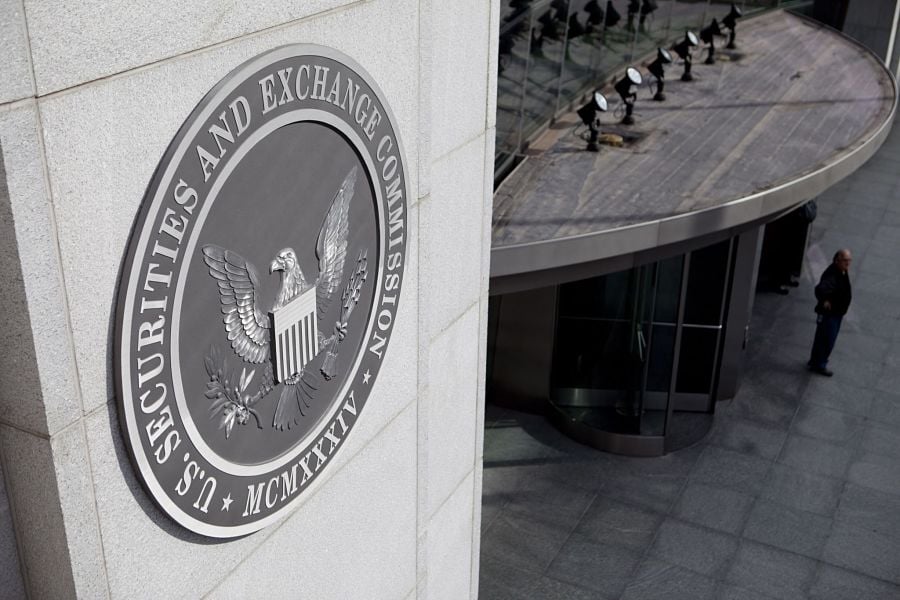

The Securities and Exchange Commission has charged digital advice company Betterment with alleged misstatements and omissions related to its tax-loss harvesting service.
The disclosure and operating issues affected more than 25,000 client accounts and resulted in $4 million of potential tax benefits lost, according to the SEC’s order. The New York City-based robo-advisor agreed to settle the charges by paying a $9 million civil penalty without admitting or denying the SEC’s findings.
Between 2016 and 2019, Betterment allegedly failed to disclose a change in how frequently it scanned accounts for tax-loss harvesting opportunities. The SEC also claims Betterment failed to disclose a programming restraint that impacted certain clients, and had two computer coding errors that prevented the robo-advisor from harvesting losses for some clients.
“Betterment did not describe its tax loss harvesting service accurately, and it wasn’t transparent about the service’s changes, constraints, and coding errors that adversely impacted thousands of clients,” Antonia Apps, director of the SEC’s New York Regional Office, said in a statement released Tuesday.
The SEC also charged Betterment with violating its fiduciary duty by failing to provide advance notice of changes to its advisory contract, and for not maintaining accurate and current books and records reflecting written agreements with certain clients.
Betterment addressed the coding and disclosure issues by 2019, the SEC said in its order.
According to a post on Betterment's blog, the coding issues impacted a “limited subset of customers” and “involved less than a percent of the total losses harvested by Betterment since TLH was introduced.” The median payout is expected to be less than $100 per customer, the company stated.
When asked for a comment, a Betterment spokesperson referred InvestmentNews to its blog.
Examining robo-advisors’ disclosures and marketing materials has been a focus of the SEC under Chair Gary Gensler. In November 2021, the regulator published a risk alert that revealed that a series of examinations found nearly every robo-advisor, including software used by traditional advisors to automate investing, was falling short on compliance duties.
Charles Schwab paid $187 million in June 2022 to settle charges related to disclosures about cash holdings in investor portfolios. Earlier that year, Wahed Invest was ordered to pay $300,000 to settle charges about misleading statements. Wealthfront and Hedgeable both faced similar SEC charges in 2021.
“Robo-advisers have the same obligations as all investment advisers to ensure they are transparent about services they provide and upfront about any material changes to those services or issues that may negatively affect clients,” Apps said in a statement.

Relationships are key to our business but advisors are often slow to engage in specific activities designed to foster them.

Whichever path you go down, act now while you're still in control.

Pro-bitcoin professionals, however, say the cryptocurrency has ushered in change.

“LPL has evolved significantly over the last decade and still wants to scale up,” says one industry executive.

Survey findings from the Nationwide Retirement Institute offers pearls of planning wisdom from 60- to 65-year-olds, as well as insights into concerns.
Streamline your outreach with Aidentified's AI-driven solutions
This season’s market volatility: Positioning for rate relief, income growth and the AI rebound
